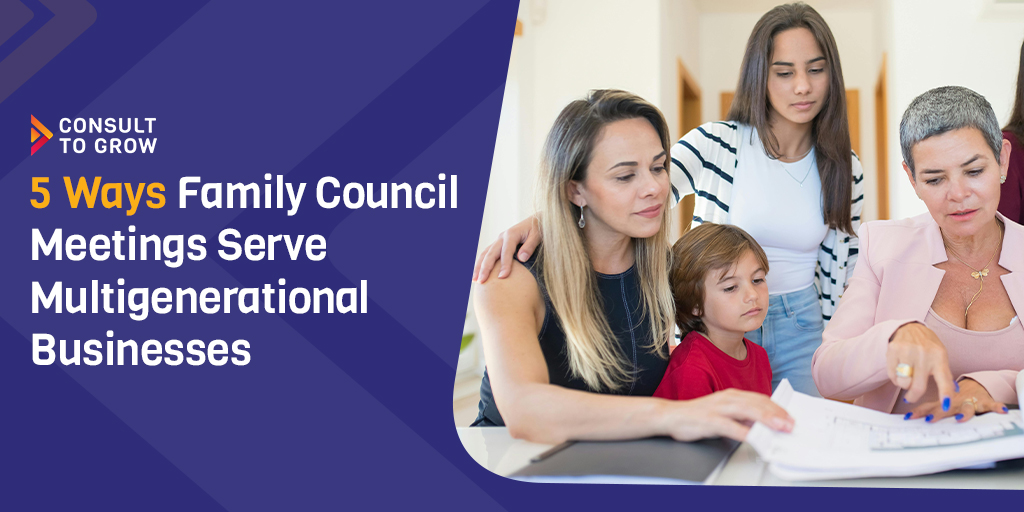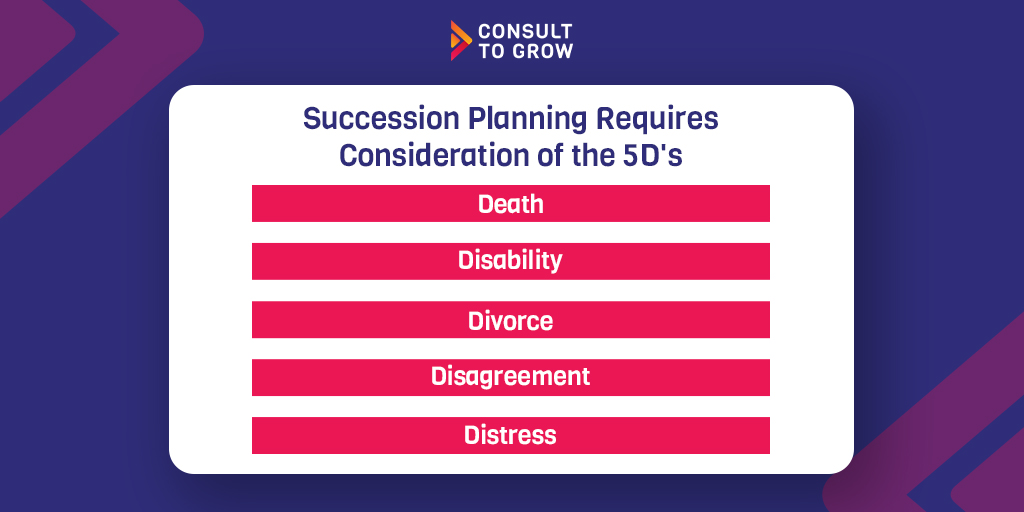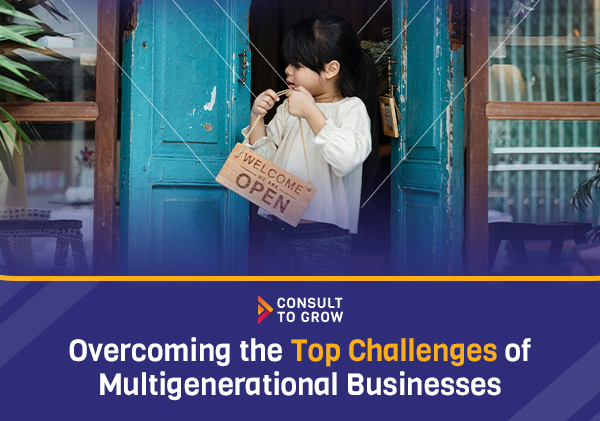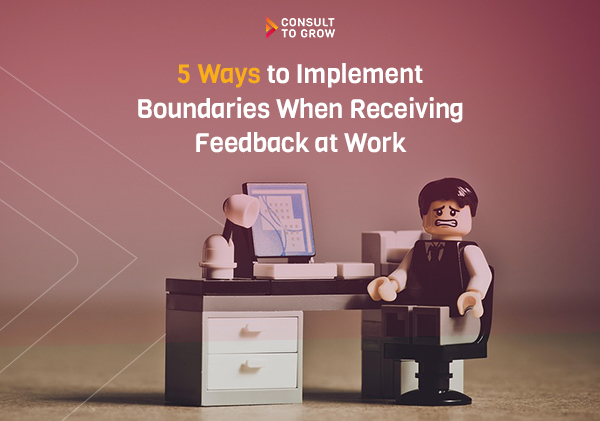
Multigenerational businesses (MGBs) come with their own set of benefits and challenges. Having the opportunity to grow up in the business, for example, allows a child to learn its ins and outs and to understand the value both of what is being created (the business and its culture), and what is being offered (employment opportunities and the business product). And then there are the gaps in learning between generations that must be accounted for–which can be both benefit and challenge. Mediating these differences is one part of family council meetings (FCMs), but FCMs also serve to keep the family united in multiple ways. Typically, FCMs are conducted quarterly. The top 5 ways you can use FCMs to serve your MGB are as follows:
1. Clarifying Your Vision
First and foremost, your business needs a clear vision for the future. In your FCM, you’ll define this by having everyone weigh in on where they want the organization to be in a month, three months, one year and five years. From there, a conversation is facilitated that leads to alignment. Your vision is established and recorded. This will set the tone for everything that comes after.

2. Strategic Planning
Next, your business needs to assess its strengths, weaknesses, opportunities and threats, both of its internal capabilities and its external environment. This assessment, or SWOT analysis, will set the stage for appropriate allocation of resources (technological, financial, and human) to most effectively support the implementation of the strategies.
Profit and loss statements are reviewed as part of each meeting. Examining ROI and ROS support extrapolation of realistic new goals for the following quarter, year and next five years. Working with an industry professional will aid you in breaking these goals into Specific, Measurable, Achievable, Relevant and Time-bound (S.M.A.R.T.) segments. Ultimately, this makes them more likely to be attained.
3. Establishing Family Board Leadership
The selection of your board is essential to success of your business. The board does not run your business; it advises through diverse perspectives. In fact, that diversity is a critical factor in selecting your board. It should be composed of a mix of internal and external members, who have:
- strong industry experience
- know your business’ culture, history and values
- ability to offer unbiased perspective (external)
- the ability to serve for three to five years
- experience in family business, albeit not necessarily yours
In your FCM, the composition of your board can be reviewed, potential new members can be surfaced, and agendas can be created for board meetings.

4. Creating Your Succession Plan
There’s more to succession planning than appointing future leaders. The future is unknowable, which means succession planning much account for myriad possibilities. In addition to establishing the vision and values of the business going forward, the following five D’s must be considered:
- Death: While unpleasant, the unexpected losses in the business must be planned for. What happens if a key decision maker or leader passes?
- Distress: What happens when operations or finances are taxed?
- Disability: Similarly, what if a health issue causes incapacitation, making them unable to perform their duties?
- Disagreement: Conflicts will arise. How will conflicts among business owners, with another stakeholder (like banking partners, investors, key suppliers, etc.) be handled?
- Divorce: When one or more of the business’ leaders gets divorced, it can mean dividing business ownership. How will this be handled?
A good succession plan will take all of these possibilities into account to ensure the success of your business beyond what can be devastating eventualities. Your FCM will address these issues before they arise as well as when they arise, keeping your business from critical disfunction.
5. Mediating Family Disputes
Every top-level team needs a safe environment to air stucks and wins. When your business is part of your family, it reflects your family values. Conversations can quickly become heated as business is necessarily personal. Because FCMs are conducted by an outside party, they offer a non-biased, mediated environment in which to troubleshoot topics which are potentially charged because they are more than business; they are legacy.
Conclusion
Regular Family Council Meetings with a seasoned facilitator can support your multigenerational business in developing legacy planning, settling disputes, and maintaining alignment as the business grows and scales. FCMs are a great way to keep your family and business united.




